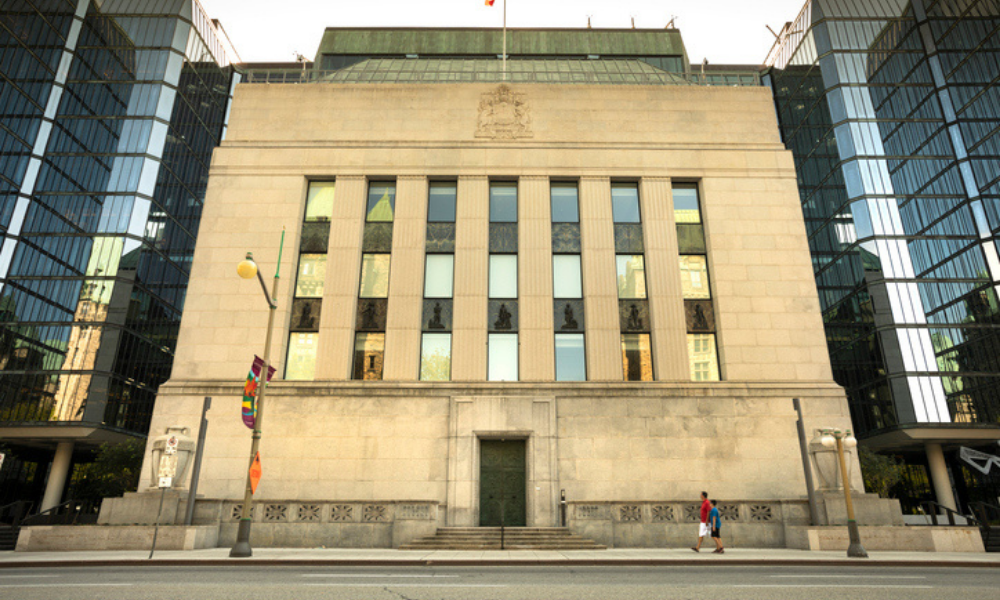The trend has been building up since at least the second quarter of 2018, the central bank says

With the pace of mortgage borrowing in Canada not slowing down despite the pandemic, the Bank of Canada has warned that highly indebted households – those bearing a loan-to-income ratio greater than 450% – now account for a record-high share of new mortgage debt.
In Q4 2020, the share of new mortgages going to highly indebted borrowers spiked to 21.7% of all mortgages issued during that quarter.
This built upon the momentum of progressively stronger borrowing that began in Q2 2018, according to Better Dwelling’s overview of the BoC data.
It was largely this trend that was responsible for “the pandemic stimulus [being] so effective in stimulating demand,” the analysis noted. “It was already surging, and they gave borrowers cheaper mortgage debt anyway.”
The mortgage stress tests introduced in mid-2019 lowered the share only temporarily.
“Now, they’re back with a vengeance, with over one in five new mortgages going to highly indebted households,” Better Dwelling said.
Read more: OSFI: Share of overleveraged borrowers in new mortgages growing
The BoC also cautioned that in the current environment, a significant number of mortgage holders have limited financial buffers.
The central bank found that up to one in five households can only make up to two months of mortgage payments using liquid assets, while about one-third can make up to four months of payments.
“We find that households in the occupations most at risk in the near-term – such as sales and trades – also have the weakest financial positions,” the bank said. “Almost one-quarter of households in these occupations can only make up to two months of payments.”
Even home equity lines of credit (HELOCs), which have seen greater use over the past year, will exact a painful long-term toll.
“From a financial stability perspective, significant increase in HELOC used to cope with COVID-related income losses is not ideal because it could add to financial vulnerabilities in the future,” the BoC warned.



